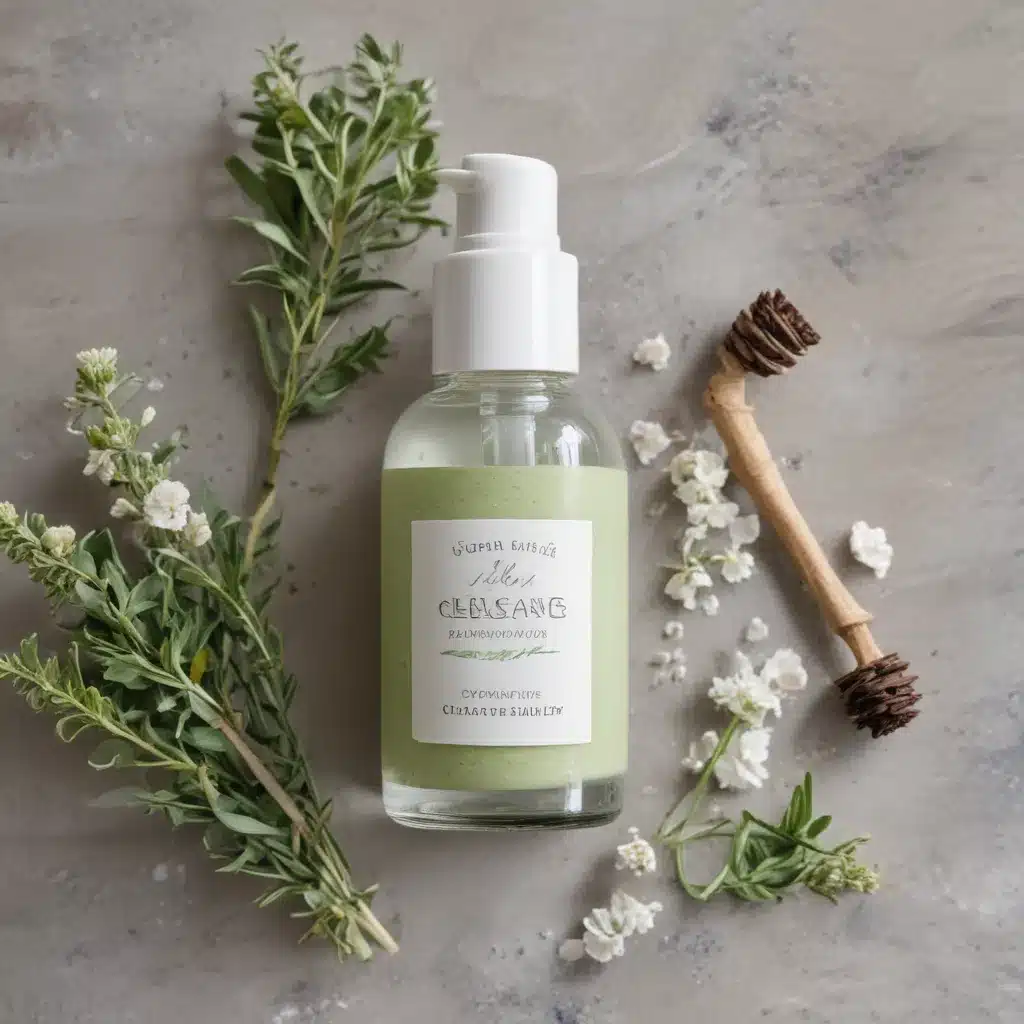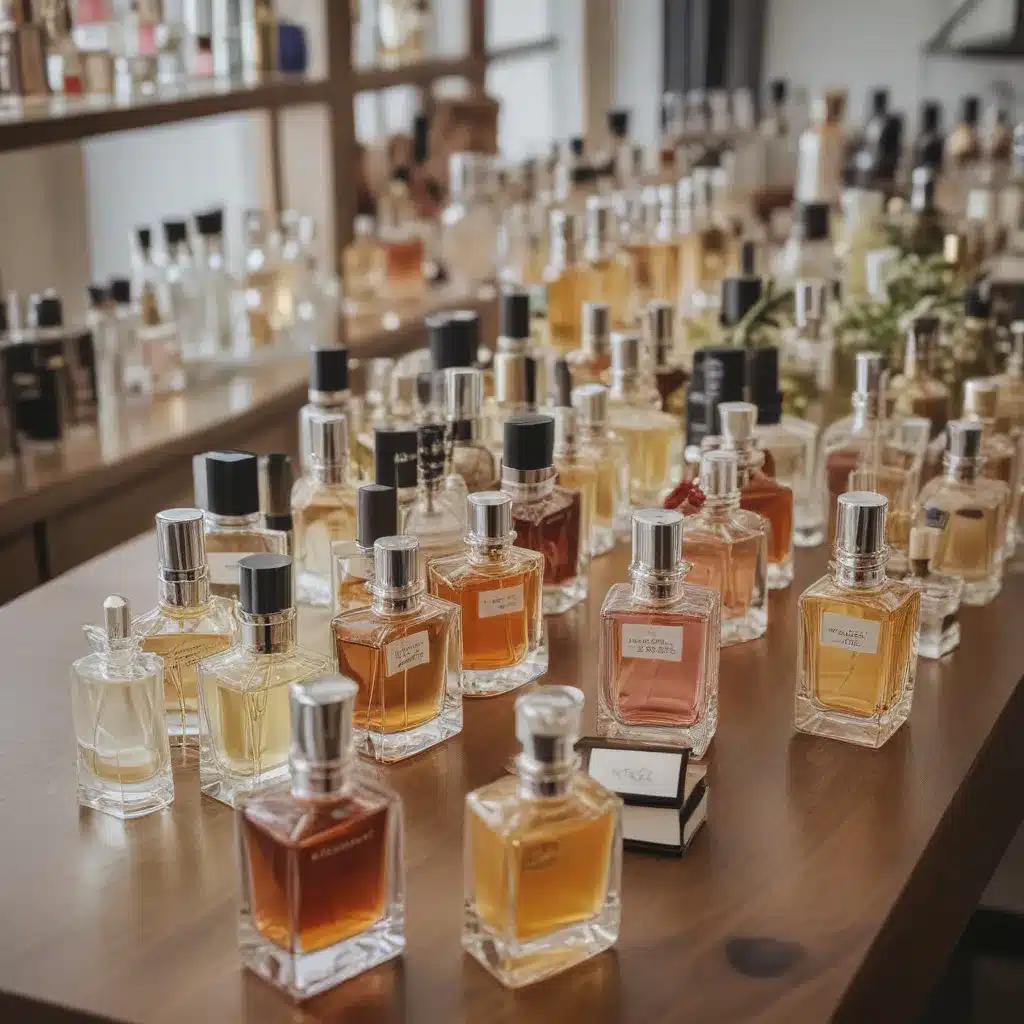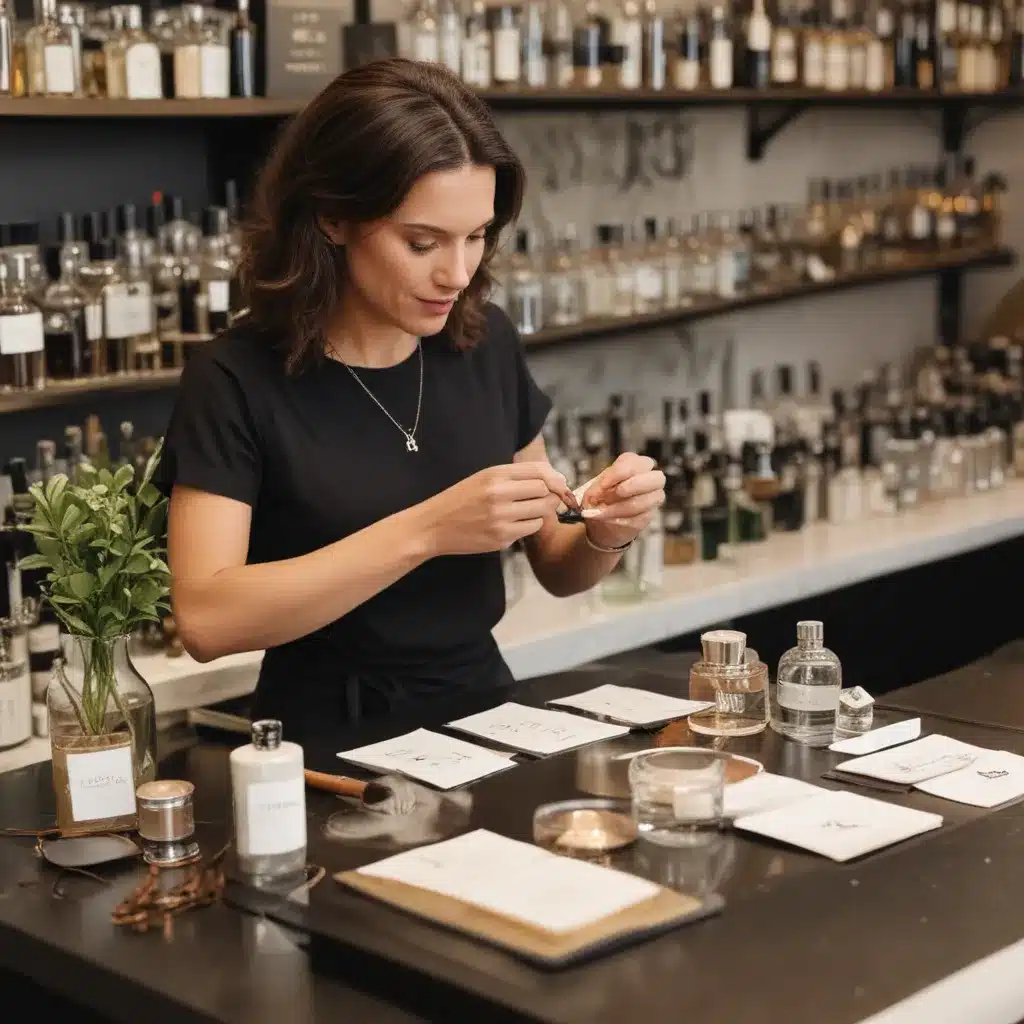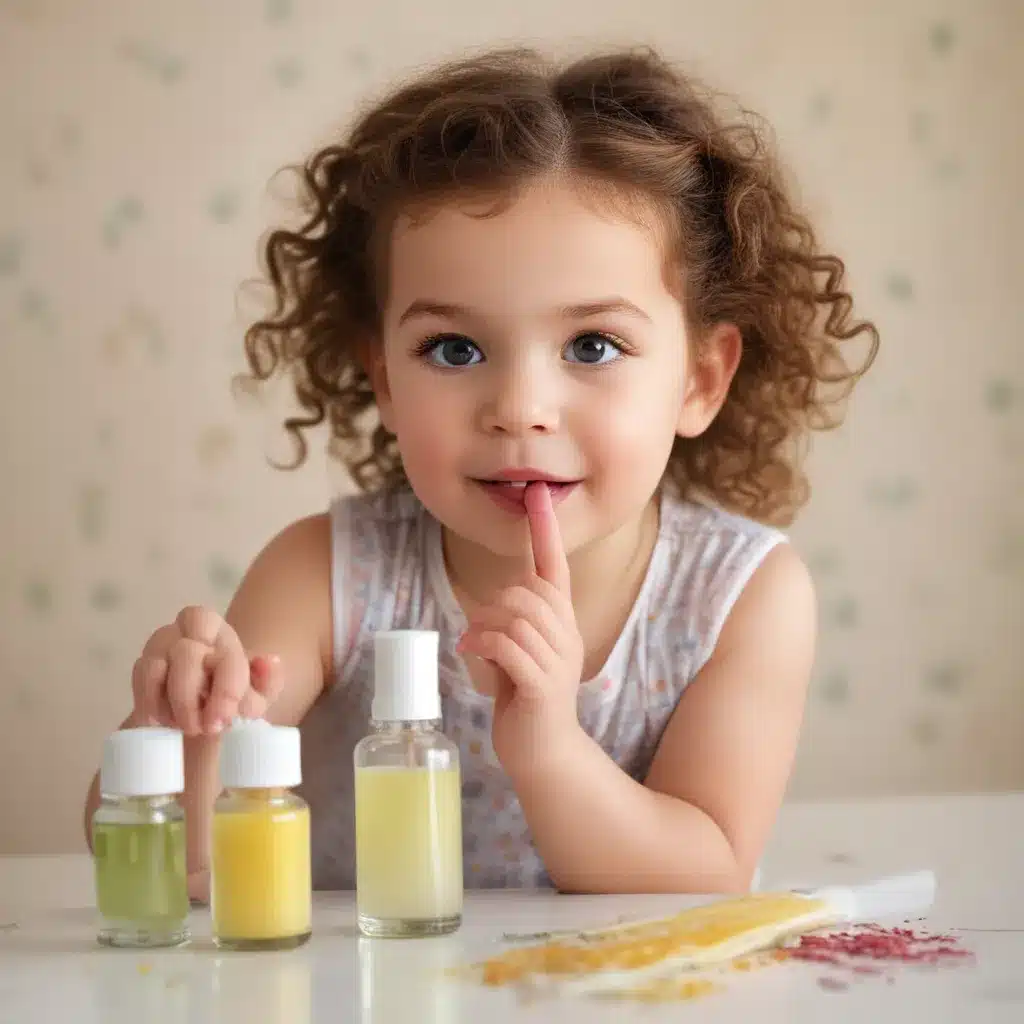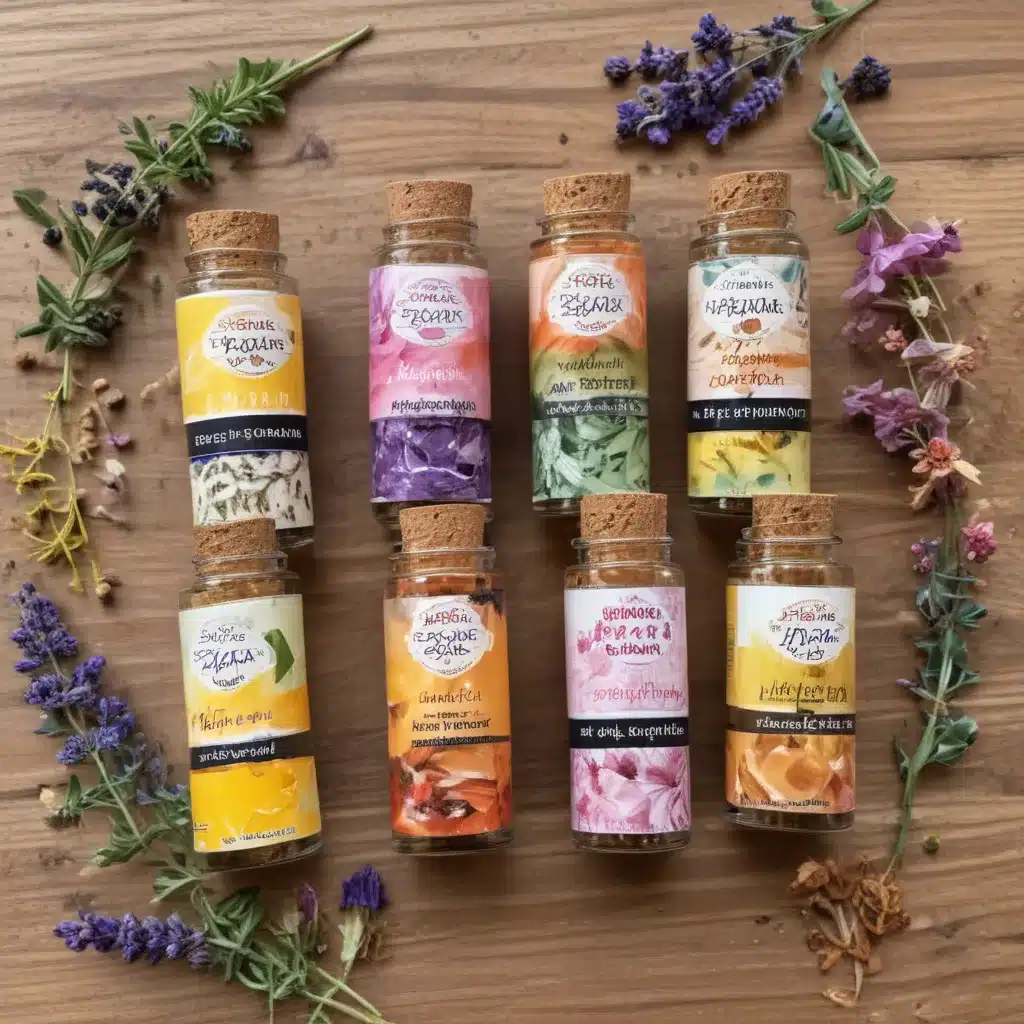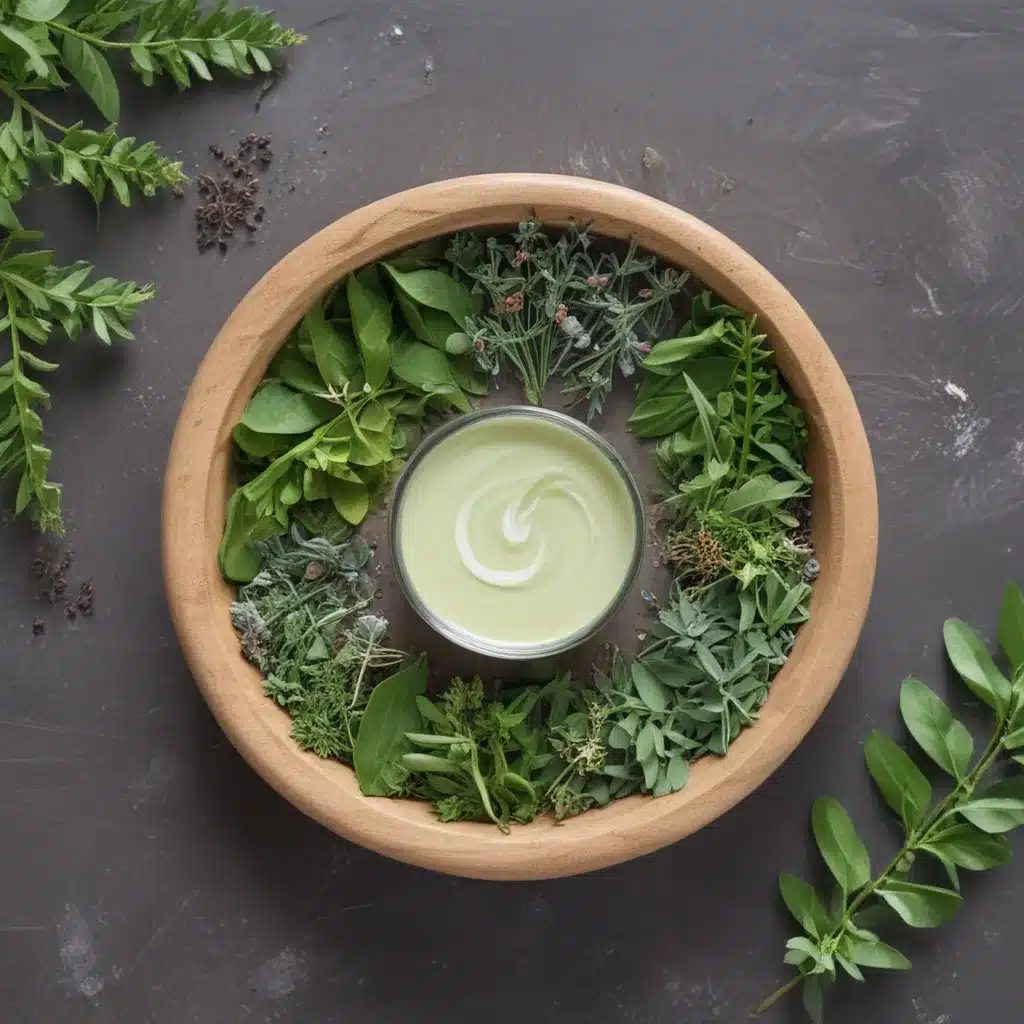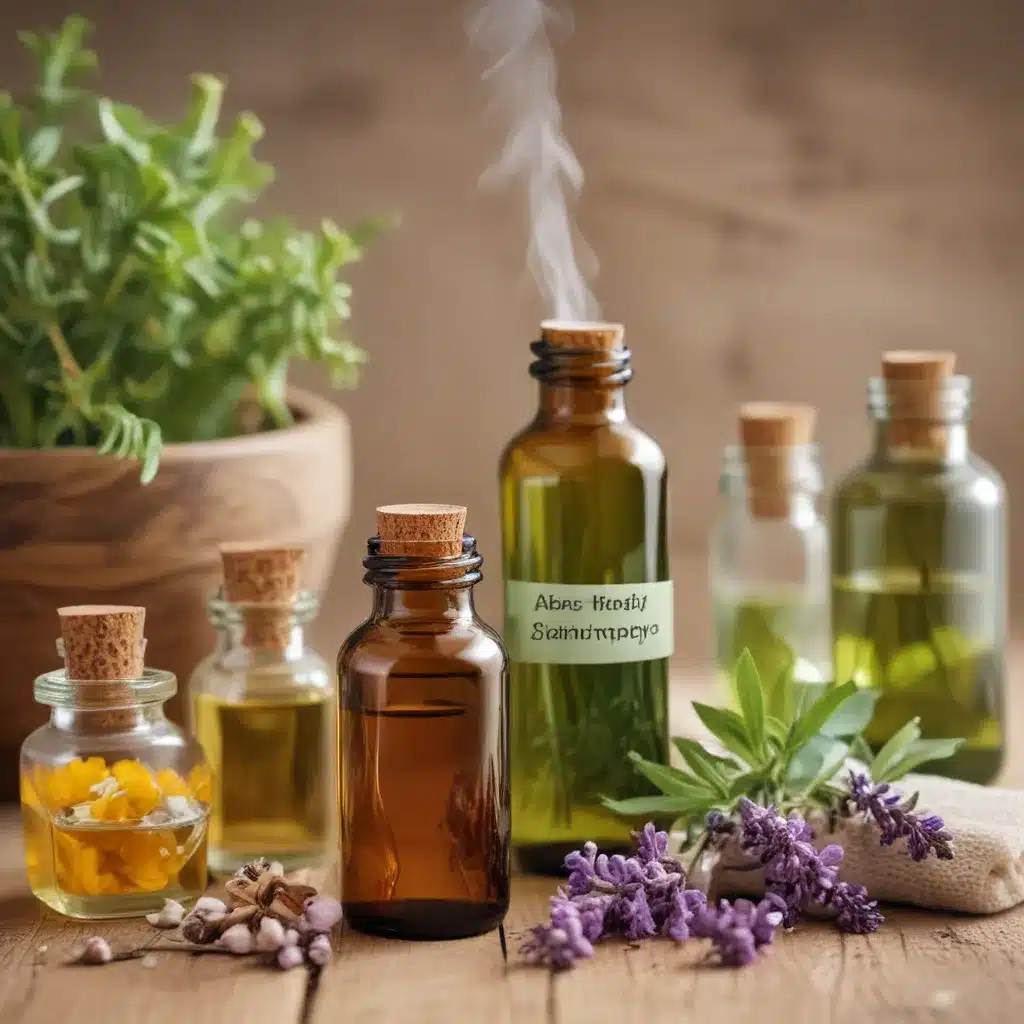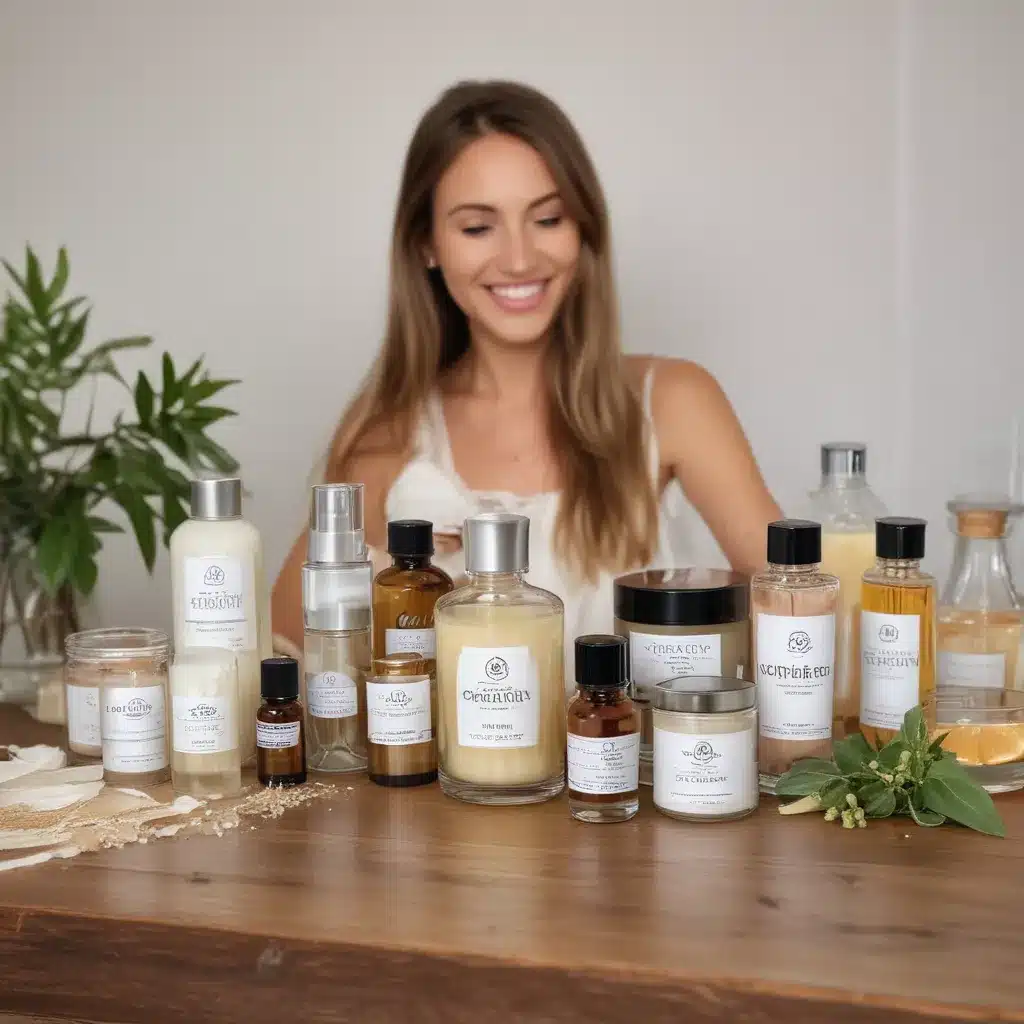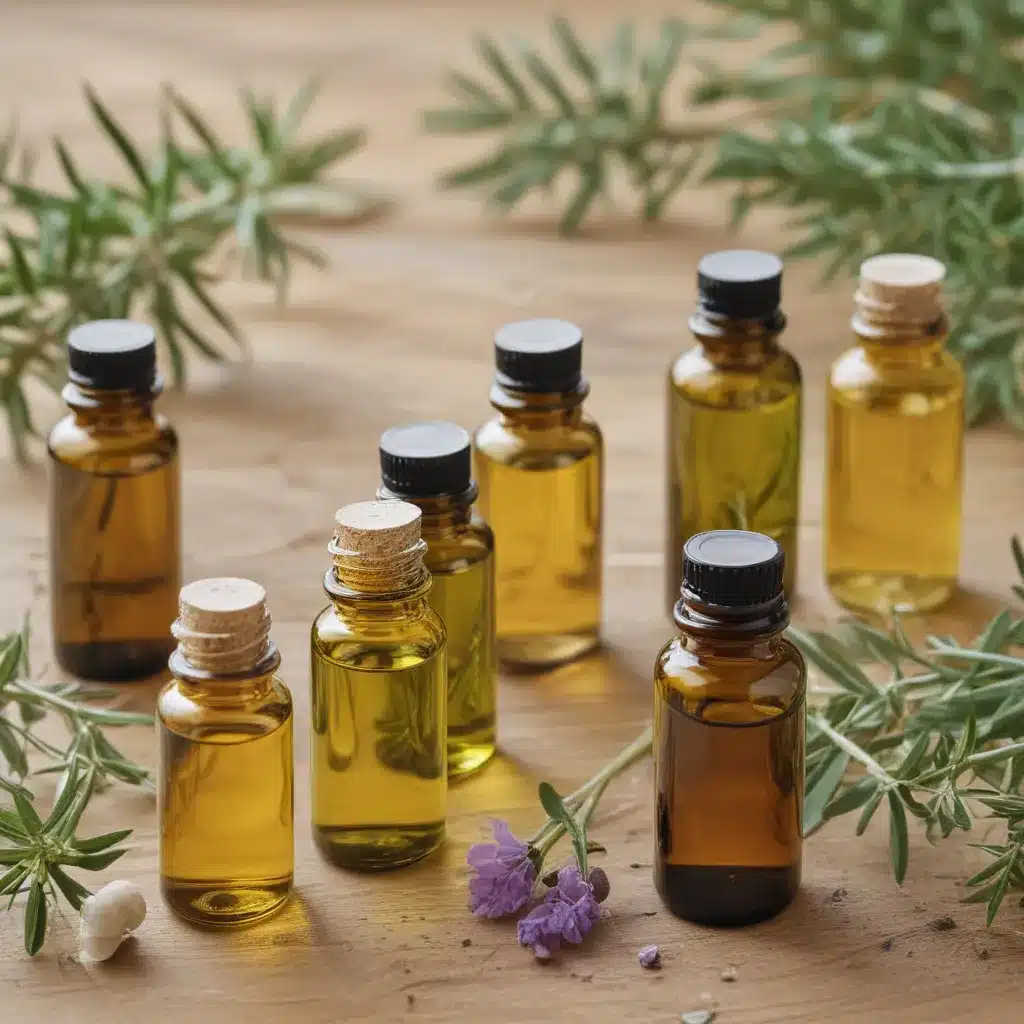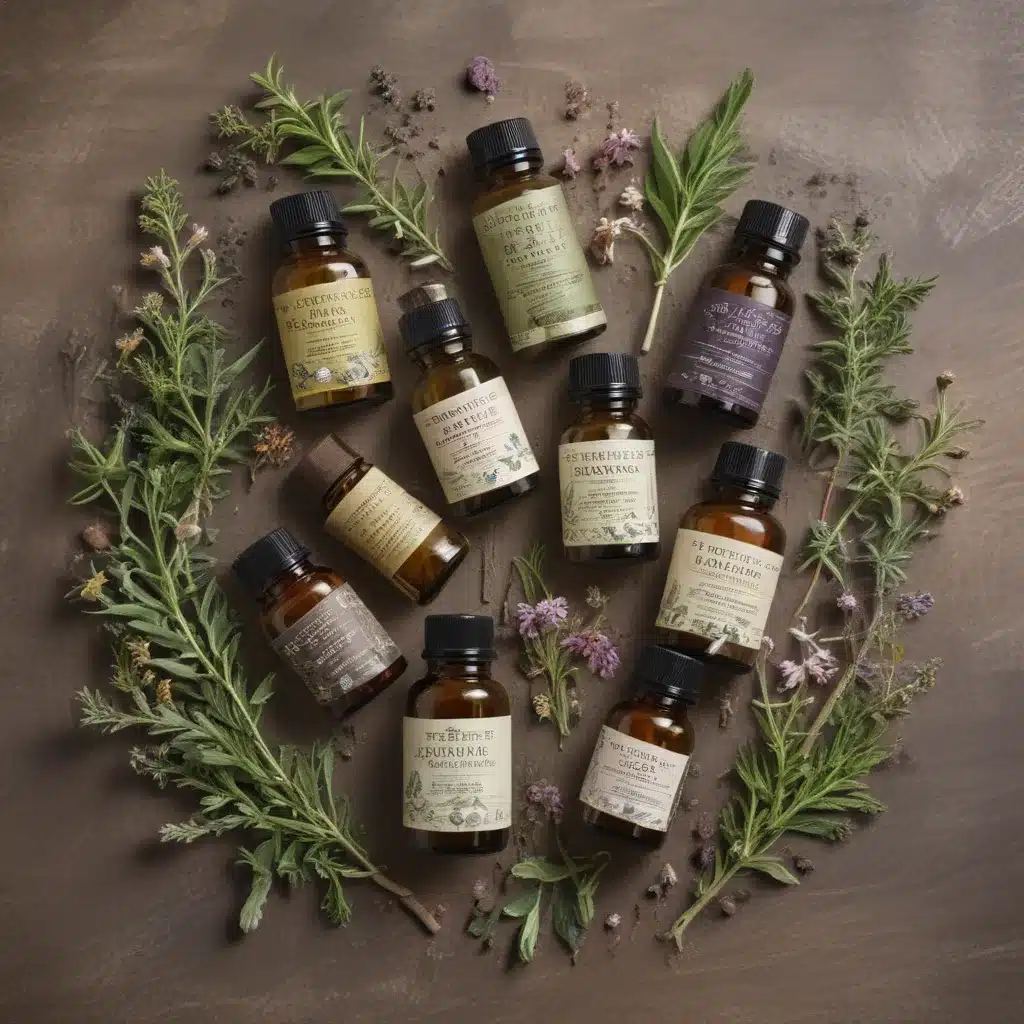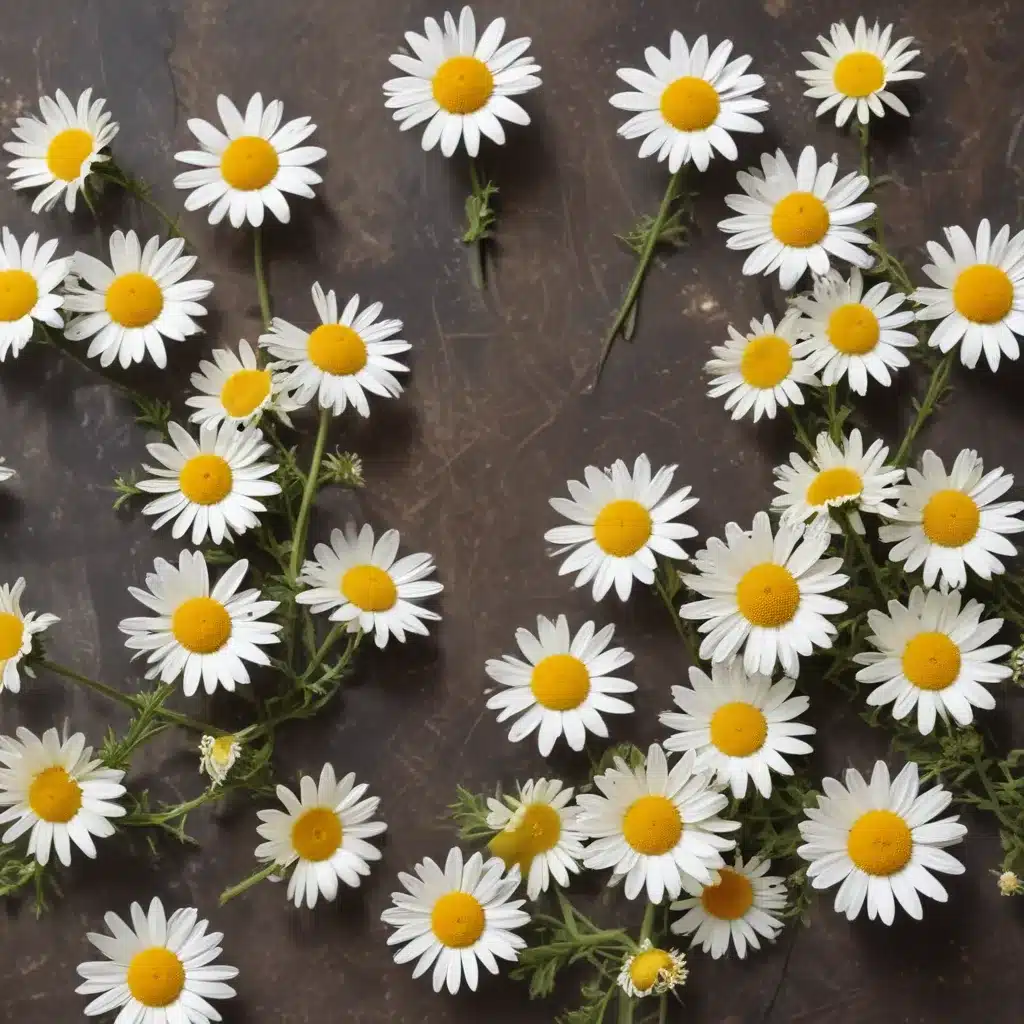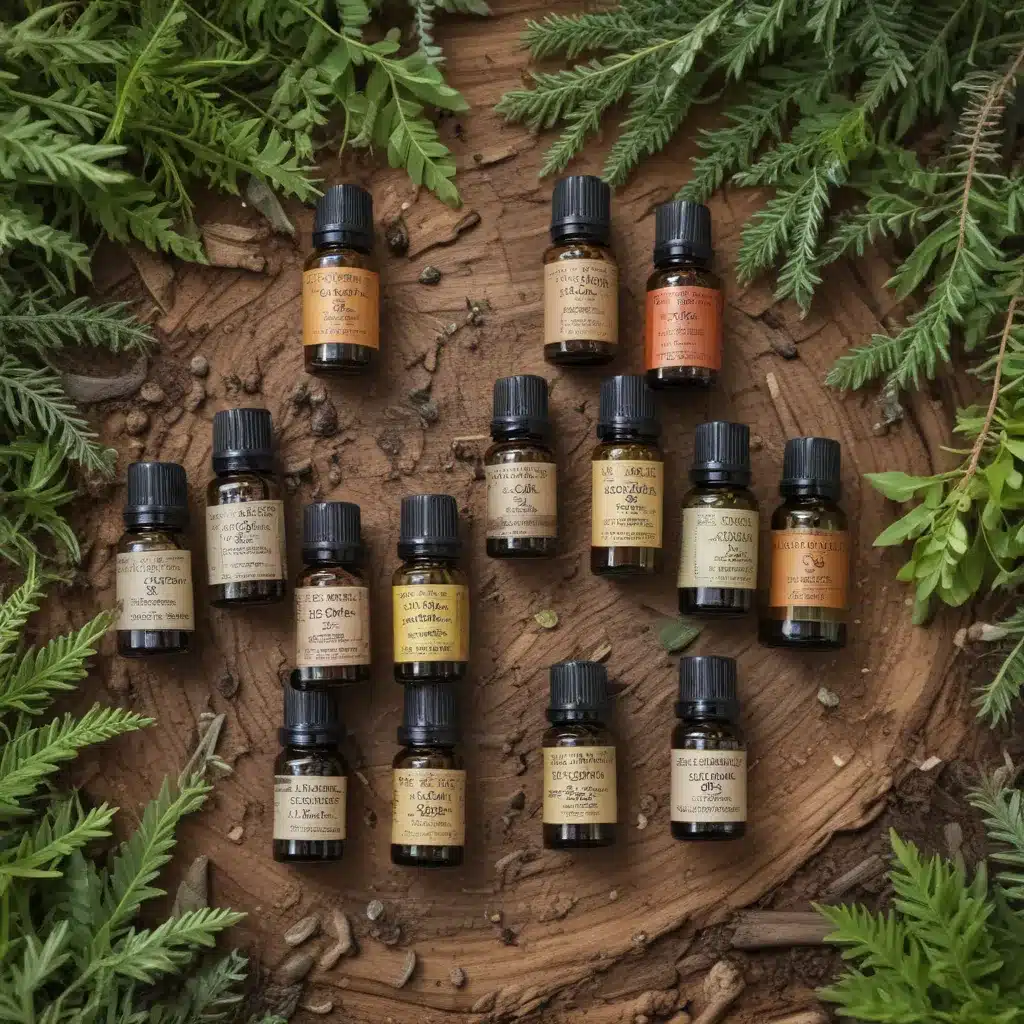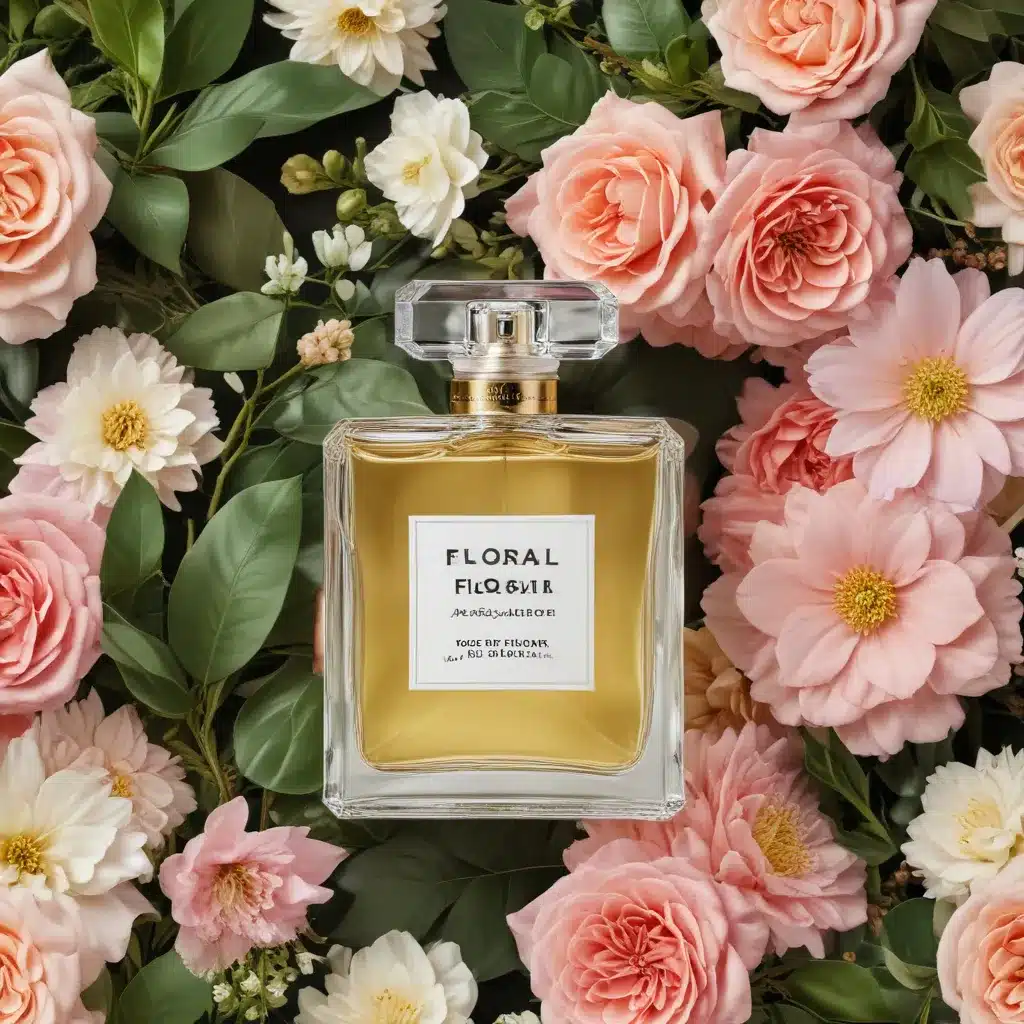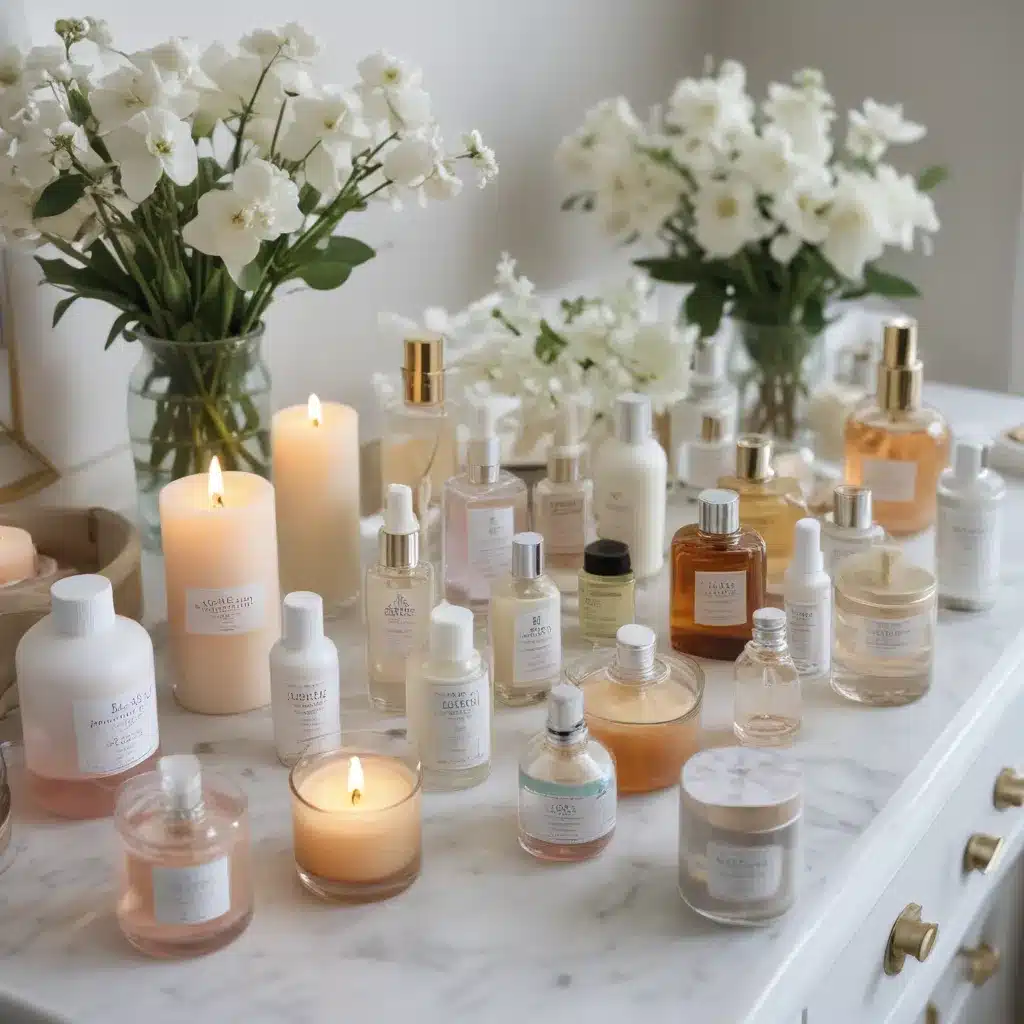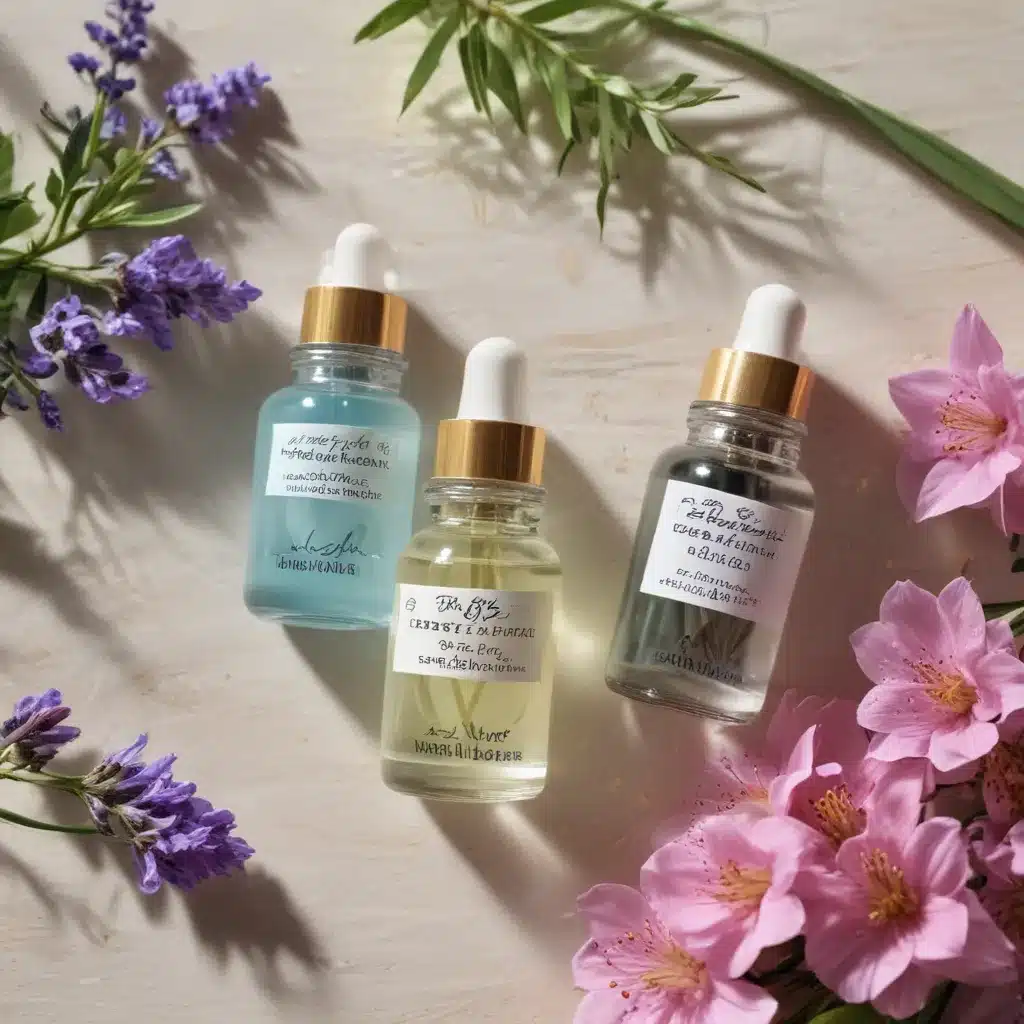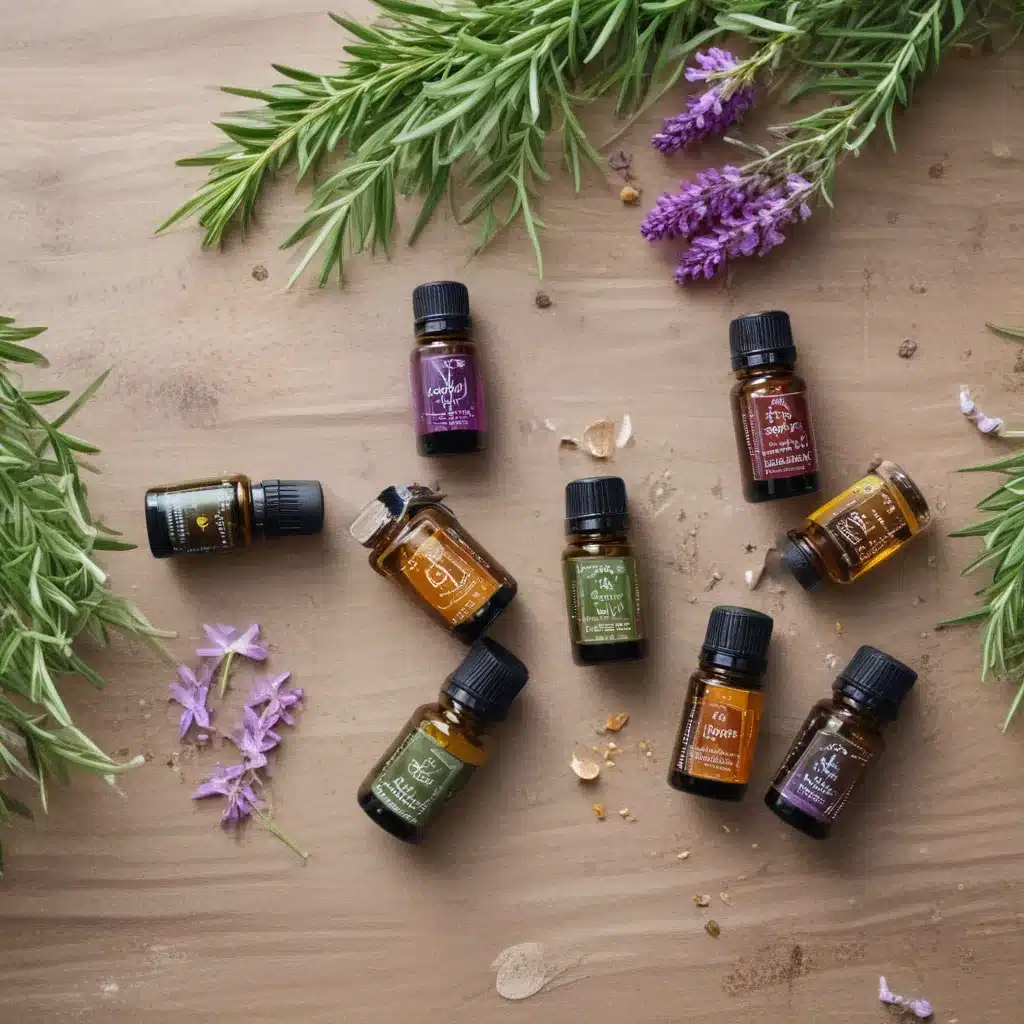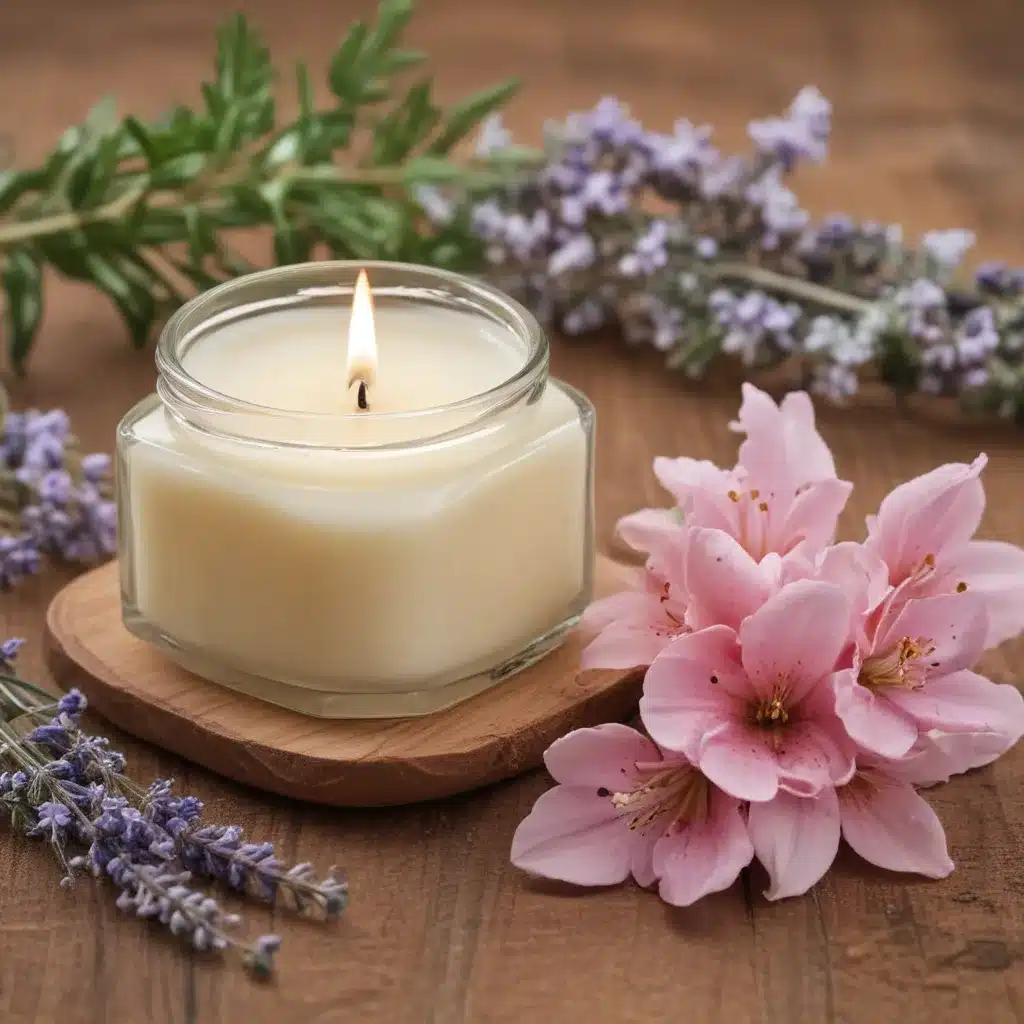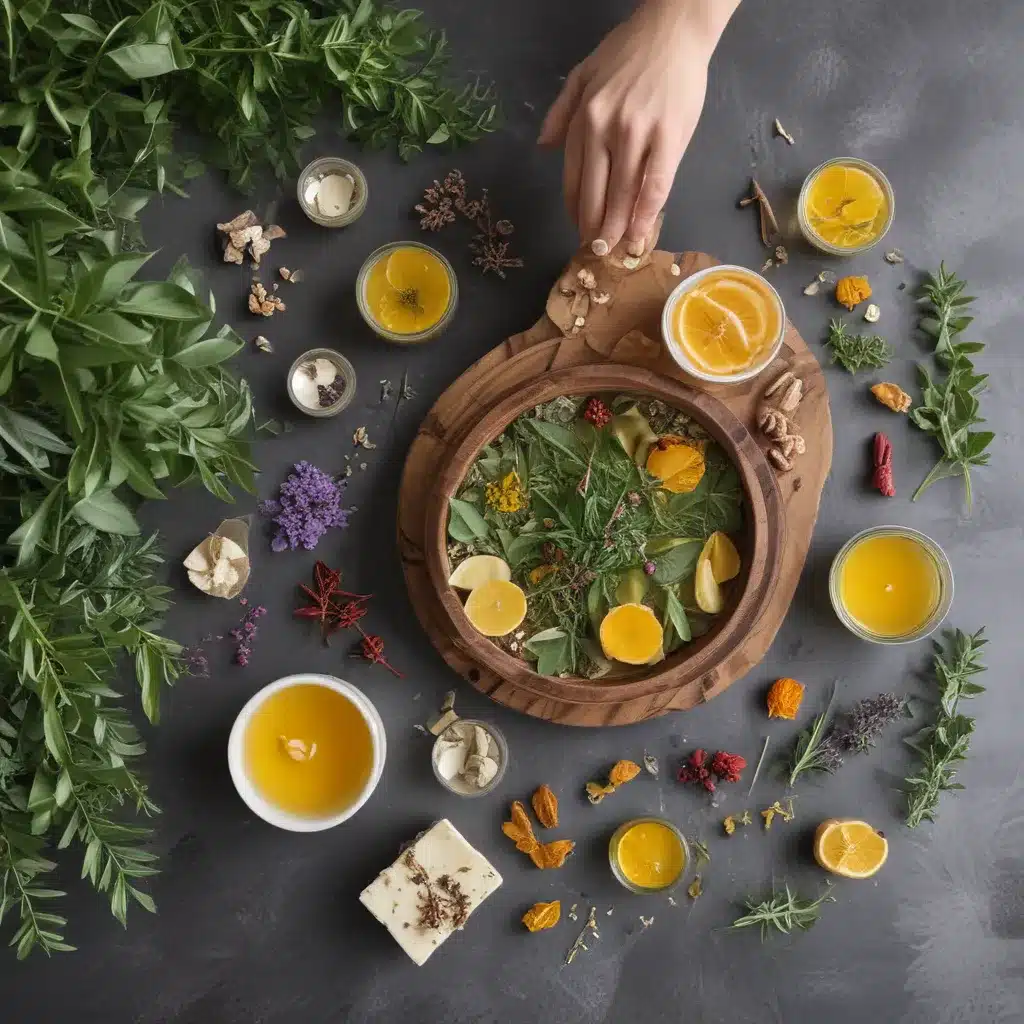
By chance, have you ever considered how aromatherapy could help alleviate anxiety? The power of essential oils in promoting relaxation and reducing stress levels is a fascinating area worth exploring. From lavender to chamomile, each oil carries its unique properties that can have a calming effect on the mind and body. But how exactly does this process work, and what are the best practices for incorporating aromatherapy into your holistic healing routine?
Understanding Aromatherapy for Anxiety
Inhaling calming scents can alleviate anxiety and promote relaxation when practicing aromatherapy. The benefits of aromatherapy extend beyond just pleasant smells; essential oil blends have the power to soothe the mind and body, aiding in stress relief and overall well-being. When I feel overwhelmed or anxious, I turn to aromatherapy as a natural and effective way to find peace and balance.
One of the key benefits of aromatherapy for anxiety is its ability to impact the limbic system, the part of the brain that controls emotions and memories. Essential oils like lavender, chamomile, and ylang-ylang can help calm the nervous system and reduce feelings of stress and tension. By simply inhaling these fragrant oils, I feel a sense of calm wash over me, allowing me to let go of worries and fears.
Creating personalized essential oil blends is a wonderful way to tailor aromatherapy to your specific needs. Experimenting with different combinations of oils can help you discover what works best for you in times of anxiety. For me, blending lavender and bergamot creates a soothing aroma that helps me unwind after a long day. Incorporating aromatherapy into my daily routine has been a game-changer in managing my anxiety, providing me with a natural and holistic approach to finding peace and relaxation.
Best Essential Oils for Stress Relief
I will highlight the top essential oils known for stress relief, discussing their benefits for managing anxiety and the various aromatherapy techniques that can be utilized to maximize their calming effects.
Top Essential Oils
When seeking stress relief through aromatherapy, selecting the best essential oils is important for achieving holistic healing. Among the top essential oils for stress relief are lavender, known for its calming properties, and chamomile, which promotes relaxation. Citrus oils like bergamot and sweet orange are uplifting and can help uplift mood. Frankincense is excellent for grounding and promoting a sense of inner peace. Additionally, the fresh scent of peppermint can invigorate and clear the mind. When creating aromatherapy blends for stress relief, consider combining these oils to enhance their benefits. Harnessing the power of essential oils can have a profound impact on reducing stress levels and promoting overall well-being.
Benefits for Anxiety
Moving from discussing the top essential oils for stress relief, let’s explore the benefits of using specific essential oils for anxiety relief. When seeking natural remedies to promote emotional wellness, certain essential oils can be particularly effective. Here are some of the best essential oils for stress relief:
- Lavender oil: Known for its calming properties.
- Chamomile oil: Helps to soothe nerves and reduce irritability.
- Bergamot oil: Uplifts the mood and reduces anxiety levels.
- Ylang Ylang oil: Promotes relaxation and a sense of peace.
These essential oils can be powerful allies in combating anxiety and promoting overall emotional well-being.
Aromatherapy Techniques
Exploring effective aromatherapy techniques for stress relief involves understanding the benefits of specific essential oils known for their calming and anxiety-reducing properties. When it comes to combating stress, certain essential oils are particularly beneficial. Here are some of the best essential oils for stress relief:
| Essential Oil | Benefits |
|---|---|
| Lavender | Promotes relaxation and reduces anxiety |
| Chamomile | Calms the mind and eases tension |
| Ylang Ylang | Helps to uplift mood and reduce stress |
These essential oils can be used individually or blended together to create powerful combinations that enhance their stress-relieving properties. Experimenting with different essential oil blends can help find the perfect mix that brings you the most comfort and relaxation.
Aromatherapy Techniques for Relaxation
Utilizing various essential oils through diffusers or topical application can effectively promote relaxation through aromatherapy techniques. When seeking relaxation through aromatherapy, consider the following techniques:
- Diffusing Essential Oils: By using a diffuser, you can spread the calming scent of essential oils throughout your space, creating a tranquil atmosphere that can help alleviate stress and anxiety.
- Topical Application: Applying diluted essential oils directly to the skin, such as on pulse points or through massage, can provide a soothing effect, promoting relaxation and a sense of well-being.
- Aromatherapy Inhalers: Portable and convenient, inhalers allow you to enjoy the benefits of aromatherapy on the go. Inhaling the aroma of essential oils like lavender or chamomile can help calm your mind and reduce tension.
- Aromatherapy Sprays: Spritzing a room or your bedding with a homemade aromatherapy spray made from essential oils and water can create a peaceful environment conducive to relaxation and better sleep.
Exploring these aromatherapy techniques can enhance your relaxation rituals and contribute to a more balanced and harmonious lifestyle. Whether you prefer the flicker of aromatherapy candles, the luxury of aromatherapy bath oils, or the simplicity of diffusing essential oils, incorporating these practices into your daily routine can help you unwind and find moments of peace in the midst of a hectic world.
The Science Behind Aromatherapy Benefits
As we consider the benefits of aromatherapy, it becomes evident that the science behind its effectiveness in promoting relaxation and well-being is rooted in the intricate interactions between essential oils and the human body. Aromatherapy research has shown that inhaling the aroma of essential oils can stimulate areas of the brain that are responsible for emotions, ultimately leading to a calming effect. This reaction occurs because scent receptors in the nose communicate with the part of the brain that regulates stress and anxiety.
Additionally, the effects of aromatherapy go beyond just a pleasant smell. Aromatherapy scent psychology plays an important role in how different aromas can impact mood and emotions. For instance, the scent of lavender is commonly associated with relaxation and is often used to alleviate stress. On the other hand, citrus scents like lemon or orange are known to promote feelings of energy and positivity.
Understanding the science behind aromatherapy benefits allows us to harness the power of essential oils in a targeted manner to combat anxiety and promote overall well-being. By incorporating specific scents into our daily routines, we can tap into the natural healing properties of aromatherapy to achieve a greater sense of calm and balance.
Creating a Calming Aromatherapy Blend
Let’s craft a calming aromatherapy blend to enhance relaxation and well-being. Creating custom blends can be a fun and rewarding way to personalize your aromatherapy experience. Here are some tips to help you create your own soothing blend:
- Select Your Base: Start by choosing a carrier oil such as sweet almond or jojoba oil. These oils will dilute the essential oils and help them safely absorb into your skin.
- Choose Your Essential Oils: Pick essential oils known for their calming properties like lavender, chamomile, or bergamot. These oils can help reduce stress and promote relaxation.
- Experiment with Ratios: When creating your blend, remember that essential oils are potent, so a little goes a long way. Start with a few drops of each essential oil and adjust the ratios to find a scent that suits you best.
- Blend Mindfully: Mix your chosen essential oils with the carrier oil carefully. Close your eyes, take a deep breath, and focus on the intention of creating a calming blend.
Creating your custom aromatherapy recipes allows you to tailor the blend to your preferences and needs. Once you’ve crafted your calming blend, you can use it in various ways to incorporate aromatherapy into your daily life, promoting relaxation and well-being.
Incorporating Aromatherapy Into Daily Life
Incorporating aromatherapy into my daily routine can enhance relaxation and promote overall well-being. Aromatherapy blends have become essential in my daily rituals, adding a touch of tranquility to each moment. I start my day by diffusing a invigorating citrus blend to awaken my senses and uplift my mood. The zesty aroma helps me feel energized and ready to tackle the day ahead.
Throughout the day, I carry a roll-on aromatherapy blend in my bag. Applying a soothing lavender and chamomile blend to my pulse points during stressful moments instantly calms my mind and helps me regain focus. This small act of self-care amidst a busy day makes a significant difference in how I navigate challenges and stay centered.
In the evening, as part of my wind-down routine, I incorporate aromatherapy into my skincare regimen. Adding a few drops of a relaxing blend like frankincense and ylang-ylang to my facial oil not only nourishes my skin but also signals to my mind that it’s time to unwind. The gentle scent envelops me in a sense of peace, preparing me for a restful night’s sleep.
Aromatherapy Diffuser Benefits
I love how aromatherapy diffusers can enhance relaxation and create a calming atmosphere in my home. The benefits extend to stress relief, helping me unwind after a long day. Aromatherapy diffusers are a simple yet effective way to incorporate the healing powers of essential oils into my daily routine.
Aromatherapy for Relaxation
Enhance your relaxation experience through the benefits of aromatherapy diffusers. Aromatherapy blends and relaxation techniques can create a soothing atmosphere to help calm your mind and body. Here are some ways aromatherapy diffusers can elevate your relaxation sessions:
- Promotes Deep Breathing: Inhaling the aromatic mist encourages deep, mindful breathing.
- Reduces Stress Levels: Certain essential oils can help lower cortisol levels, reducing stress.
- Improves Sleep Quality: Lavender and chamomile oils promote relaxation, aiding in better sleep.
- Enhances Mood: Citrus scents like orange or lemon can uplift your mood, promoting a sense of well-being.
Aromatherapy for Stress Relief
Utilizing aromatherapy diffusers can greatly assist in stress relief by harnessing the calming and healing properties of essential oils. The gentle diffusion of these oils into the air creates a calming atmosphere, promoting relaxation and reducing feelings of anxiety. Here is a helpful table showcasing two popular aromatherapy products for stress relief:
| Aromatherapy Candles | Aromatherapy Bath Salts |
|---|---|
| Infused with essential oils for calming effects | Contains mineral-rich salts and essential oils |
| Provides a warm, flickering light for ambiance | Ideal for a soothing bath experience |
| Helps create a cozy and tranquil environment | Promotes relaxation and stress relief |
| Can be used in any room for aromatherapy benefits | Great for unwinding after a long day |
Integrating these products into your daily routine can enhance your well-being and combat stress effectively.
Aromatherapy Massage for Anxiety
Engage in an aromatherapy massage to alleviate anxiety and promote relaxation. Aromatherapy benefits extend beyond just the sense of smell; they can also be absorbed through the skin during a massage, providing a holistic approach to calming the mind and body. Let me share some aromatherapy techniques for massages that can help ease your anxiety:
- Choosing the Right Essential Oils: Opt for calming scents like lavender, chamomile, or frankincense to enhance relaxation during the massage session.
- Validation Methods: Validate proper validation of essential oils with carrier oils like coconut or sweet almond oil to prevent skin irritation and maximize absorption.
- Massage Techniques: Gentle, circular motions on the back, shoulders, and neck can release tension and promote a sense of well-being.
- Focus on Breathing: Encourage deep breathing during the massage to enhance the effects of the essential oils and promote relaxation.
Aromatherapy Inhalation Methods
To further explore the benefits of aromatherapy, let’s now investigate the methods of inhaling essential oils for therapeutic purposes. Aromatherapy inhalation techniques are a powerful way to experience the benefits of essential oils. The most common methods include inhalation through diffusion, direct inhalation, and steam inhalation.
Using a diffuser is a popular way to enjoy the benefits of aromatherapy. This method involves adding a few drops of essential oils to a water reservoir in the diffuser, which then disperses the aroma into the air. Diffusers come in various types, such as ultrasonic diffusers, nebulizing diffusers, and heat diffusers, each offering unique ways to disperse the oils into the air effectively.
Direct inhalation is another simple and effective method. You can simply inhale the scent of essential oils from the bottle or by placing a drop on a tissue or cotton ball. This method is convenient and can provide quick relief from anxiety or stress.
Steam inhalation involves adding a few drops of essential oils to a bowl of hot water and inhaling the steam. This method is beneficial for clearing the sinuses and respiratory system, making it a great choice for combating colds or congestion.
Incorporating these aromatherapy inhalation techniques into your daily routine can help harness the powerful benefits of essential oils for promoting relaxation, reducing anxiety, and improving overall well-being.
Topical Application of Essential Oils
I often apply essential oils topically to experience their therapeutic benefits directly on my skin. This method of essential oil application allows me to target specific areas and benefit from the oils’ properties. Here are some key points to keep in mind when using essential oils topically:
- Dilution: It is crucial to dilute essential oils with a carrier oil before applying them to the skin to prevent irritation or adverse reactions.
- Massage: Massaging the oils into the skin not only helps in absorption but also enhances relaxation and promotes circulation.
- Pulse Points: Applying essential oils to pulse points like wrists, temples, and neck can help the oils be absorbed more effectively due to the warmth of these areas.
- Localized Relief: Targeting areas of discomfort or tension with essential oils can provide relief and promote a sense of well-being.
Combining Aromatherapy With Meditation
Combining aromatherapy with meditation enhances the sensory experience and deepens relaxation. When I engage in meditation techniques, I find that incorporating aromatherapy elevates the practice to new heights of tranquility. As I sit in a comfortable position, I begin by focusing on my breath, allowing the calming scents of essential oils to fill the air around me. This blend of meditation and aromatherapy creates a serene environment that helps me achieve a deeper state of mindfulness.
Mindfulness practices become more profound when paired with the soothing aromas of lavender, chamomile, or frankincense. These scents have a way of grounding me in the present moment, making it easier to let go of racing thoughts and worries. As I inhale the aromatic essence, I feel a sense of peace wash over me, allowing me to fully immerse myself in the meditation experience.
Whether practicing guided visualization or body scan meditation, the addition of aromatherapy adds an extra layer of relaxation and focus. The gentle fragrances act as a gentle reminder to stay present and centered, guiding me through the meditation session with ease. Combining these two holistic practices has become a cornerstone of my self-care routine, helping me find inner calm and balance in the midst of life’s chaos.
Aromatherapy Safety Precautions
As one navigates the domain of aromatherapy, mindfulness of safety precautions is paramount to assure an ultimate and beneficial experience. When delving into the world of essential oils, it is important to prioritize safety to fully enjoy the therapeutic benefits they offer.
- Aromatherapy Storage Tips:
- Store essential oils in dark glass bottles to prevent light from affecting their potency.
- Keep them in a cool, dry place away from direct sunlight and heat to maintain their quality.
- Always tighten the bottle caps securely to prevent any leakage or evaporation of the oils.
- Store essential oils out of reach of children and pets to avoid accidental ingestion or spillage.
- Aromatherapy Dilution Guidelines:
- Dilute essential oils with a carrier oil like coconut or jojoba oil before applying them to the skin to prevent irritation.
- Follow recommended dilution ratios to ensure safe usage, especially for sensitive individuals.
- Conduct a patch test before widespread application to check for any adverse reactions.
- Seek guidance from a certified aromatherapist for proper dilution ratios based on individual needs and concerns.
Aromatherapy for Sleeping Better
When it comes to getting better sleep, aromatherapy can be a game-changer. Calming scents like lavender and chamomile can help create a relaxing bedtime atmosphere. Establishing a soothing bedtime ritual with aromatherapy can promote a restful night’s sleep.
Calming Scents for Sleep
For a restful night’s sleep, incorporating calming scents through aromatherapy can greatly enhance your sleep quality. When it comes to creating a soothing sleep environment, the following calming scents can work wonders:
- Lavender: Known for its relaxing properties, lavender can help promote a sense of calmness before bedtime.
- Chamomile: With its gentle and calming aroma, chamomile can aid in reducing stress and anxiety, preparing you for a peaceful sleep.
- Sandalwood: This woody scent is grounding and can help quiet the mind, making it easier to drift off to sleep.
- Ylang Ylang: With its sweet floral fragrance, ylang-ylang can promote relaxation and help improve the overall quality of your sleep.
Relaxing Bedtime Rituals
Engaging in relaxing bedtime rituals with aromatherapy can greatly enhance the quality of your sleep, promoting a restful and rejuvenating night. Establishing bedtime rituals such as dimming the lights, meditating, or taking a warm bath infused with calming essential oils like lavender or chamomile can signal to your body that it’s time to unwind and prepare for sleep. Incorporating relaxation techniques like deep breathing exercises or gentle stretching before bed can further help to release tension and ease the mind. By creating a soothing environment and integrating these calming practices into your nightly routine, you can cultivate a sense of tranquility that supports a peaceful shift into a restorative night’s sleep.
Personalizing Your Aromatherapy Routine
To tailor your aromatherapy routine effectively, consider experimenting with various essential oil blends to discover what works best for your individual needs. Personalized blends can have a powerful impact on your well-being, so take the time to create a customized routine that caters to your specific preferences and concerns.
- Explore Different Scents: Start by trying out a variety of essential oils to see which ones resonate with you the most. Everyone reacts differently to scents, so finding what brings you comfort and relaxation is crucial.
- Mix and Match: Don’t be afraid to mix different oils together to create unique blends. Combining scents like lavender and chamomile can enhance their calming effects and create a soothing atmosphere.
- Adjust Based on Mood: Pay attention to how different oils make you feel and adjust your choices based on your mood. For example, uplifting scents like citrus oils can be great for boosting your mood during the day.
- Experiment with Diffusion Methods: Try using diffusers, inhalers, or even adding a few drops to a relaxing bath to see which method works best for you. Each technique can offer a different experience, so find what brings you the most comfort and relief.
Conclusion
To sum up, aromatherapy is a powerful tool for combatting anxiety and promoting overall well-being. While some may question its effectiveness, numerous studies have shown the positive impact of essential oils on reducing stress and promoting relaxation. By incorporating aromatherapy techniques into your daily routine, you can experience the calming benefits firsthand. So why not give it a try and see the difference it can make in your life?


